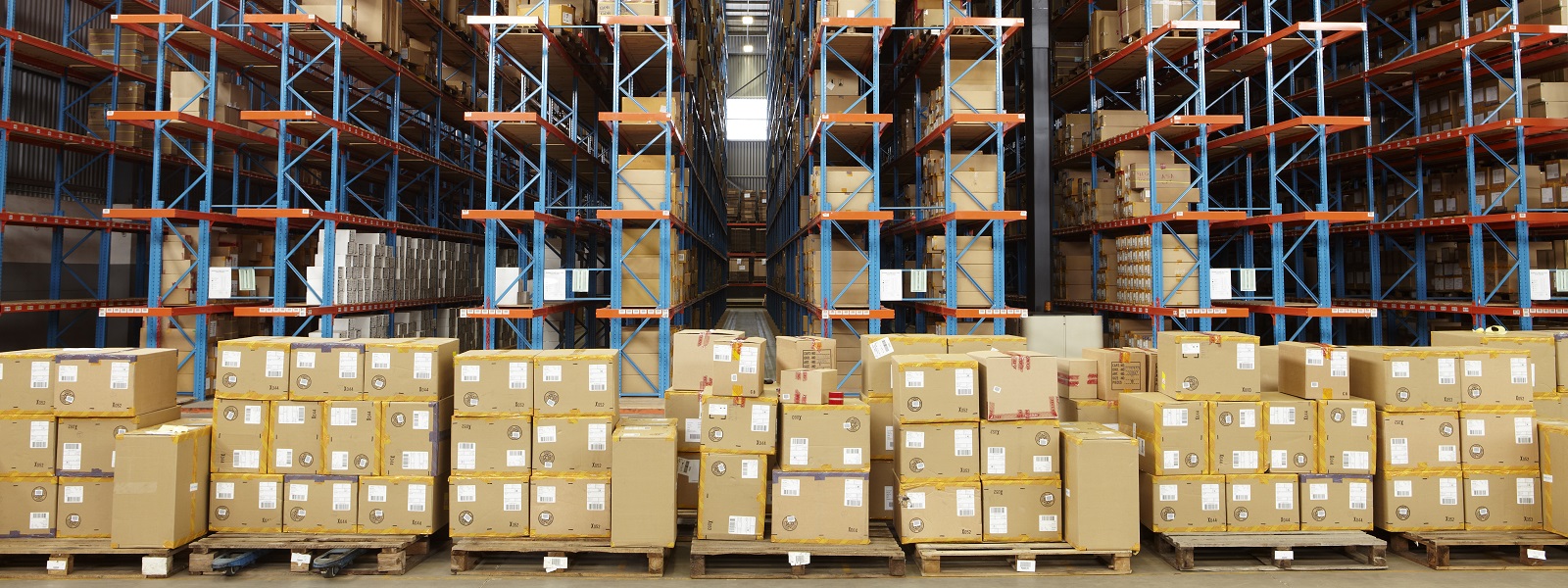After the extension of the March 29 Brexit deadline to October, Western Europe's private equity market staged a frenzied comeback in Q2. Deal volume fell from 510 to 399 deals at the same time that value surged by 88% compared with Q1, to US$78.4 billion. The picture is similar when splitting buyouts from exits.
The value of buyouts alone rose by 86% to US$53.5 billion and volume dropped 6% to 286 deals. Looking only at exits, value rose 98% to US$36.9 billion while volume dropped 18% to 175 deals.
The value climb was a rebound effect following the quietest quarter for two years. In Q1, GPs took a wait-and-see approach as the UK, historically the largest PE market in Western Europe, neared the deadline for its departure from the European Union. That date has now been delayed until October 31, buying the PE market extra time.
If proof is needed of the impact Brexit negotiations have had, the UK saw the biggest fall in value of any of Europe's largest markets in Q1; similarly, the UK saw the greatest recovery in value in Q2, following the Brexit postponement.
Lump sums
Like other territories, Europe's PE market is trying to digest record sums of dry powder. And LPs have become more discerning. Preqin data shows that globally the mean average fund size raised in 2018 was US$363 million, the highest level since the market peak of 2007, when the average hit US$422 million. This concentration of capital into fewer, larger funds is naturally resulting in a bias towards megadeals.
Activity is likely to remain top-heavy going forward. Not only has there been a significant amount of fundraising in the past two years among the largest private equity groups—such as Apax Partners, Cinven, CVC Capital Partners, EQT and Permira—but also many of these are already in the process of soft launching their follow-ups.
Private equity goes public
Ample stores of equity and plentiful debt financing are resulting in high dealmaking value, but one downside of the industry being so well capitalized is the intense competition for assets. This can make finding investable businesses that are not overpriced a significant challenge.
According to Pitchbook data, the average EBITDA multiple rose from 10.4x in 2017 to 11.1x in 2018; this puts pricing a sliver below the 11.3x peak reached in 2007, immediately before the global financial crisis.
The competition is forcing GPs to look further afield for deals. A trend emerging globally, including in Europe, is the shift towards public-to-private (P2P) transactions. P2Ps involve private equity funds acquiring listed businesses and taking them off the stock market away from prying eyes, conflicting shareholder interests and quarterly reporting requirements.
Some of the largest deals of Q2 were P2Ps, including the US$5.8 billion acquisition of amusement park operator Merlin Entertainments by a consortium comprising Kirkbi, the family office of Lego’s founders, Blackstone and Canadian pension fund CPPIB, and the US$5.6 billion delisting of German newspaper group Axel Springer by KKR.
Part of the rationale for these deals included attractive forex conversions—US dollar-denominated funds benefitting from a weak pound and euro.
Another trend is emerging, though, pushing the market towards P2P deals. Public market companies are exposed to different valuation dynamics than their private market counterparts. Because stock-listed companies can be bought and sold at whim, historically they have tended to command a “liquidity premium.” Not only that, in order to take a public company private, shareholders demand a premium to the current share price—otherwise why would they sell?
Increasingly—and likely in part the result of the surfeit of dry powder in private markets—this pricing differential is reversing. Even with a take-private premium factored in, many listed businesses are now cheaper than their private counterparts.
One analysis of the US stock market by Bain & Co shows that in 2005 there were 58 public companies with an enterprise value between US$2 billion and US$10 billion that could be purchased for a multiple plus a take-private premium that was lower than the average private-market multiple; by 2018 that figure had reached 183 such take-private candidates, equivalent to nearly 4% of the stock market. This is naturally resulting in more public-to-private activity.
Take-privates à la française
France, historically Europe's second-largest PE market behind the UK, had a quiet Q2 in volume terms. The country's deal count fell by 35% to 64 transactions, although value held steady, falling just 1% to US$8.9 billion. The country registered two US$1 billion-plus deals in Q2, Altamir Amboise and Apax Partners’ exit of IT consulting firm Altran to Capgemini for US$5.6 billion and the US$2.1 billion secondary sale of B&B Hotels from PAI Partners to Goldman Sachs Merchant Banks.
Since pro-business centrist Emmanuel Macron was elected as France's president, annual buyout value has approximately doubled to US$40.6 billion in 2017 and US$41.7 billion last year, while 2019 is on course to repeat this success.
Macron has been pushing an economic liberalization agenda which has included labor reforms, lower taxes and updated rules to make it easier for smaller businesses to implement profit-sharing and grant stock schemes. All of this makes France a more attractive investment proposition.
Importantly for private equity, in May of this year France enacted its Pacte Law, which lowered the minimum squeeze-out threshold from 95% to 90%. This brings the country's takeover laws in line with those of the UK and Germany and will make it easier for PE funds to compel minority shareholders to sell in P2P scenarios.
This is where current geopolitical and macroeconomic concerns may prove to be a boon for PE funds. Brexit has the potential to knock investors' confidence and derail PE activity in the final quarter of the year, especially in the UK. This could put France in pole position, especially if stock markets succumb to negative sentiment. Any downtrend in the public markets in France, or anywhere in Europe for that matter, will provide fertile dealmaking ground for private equity.





